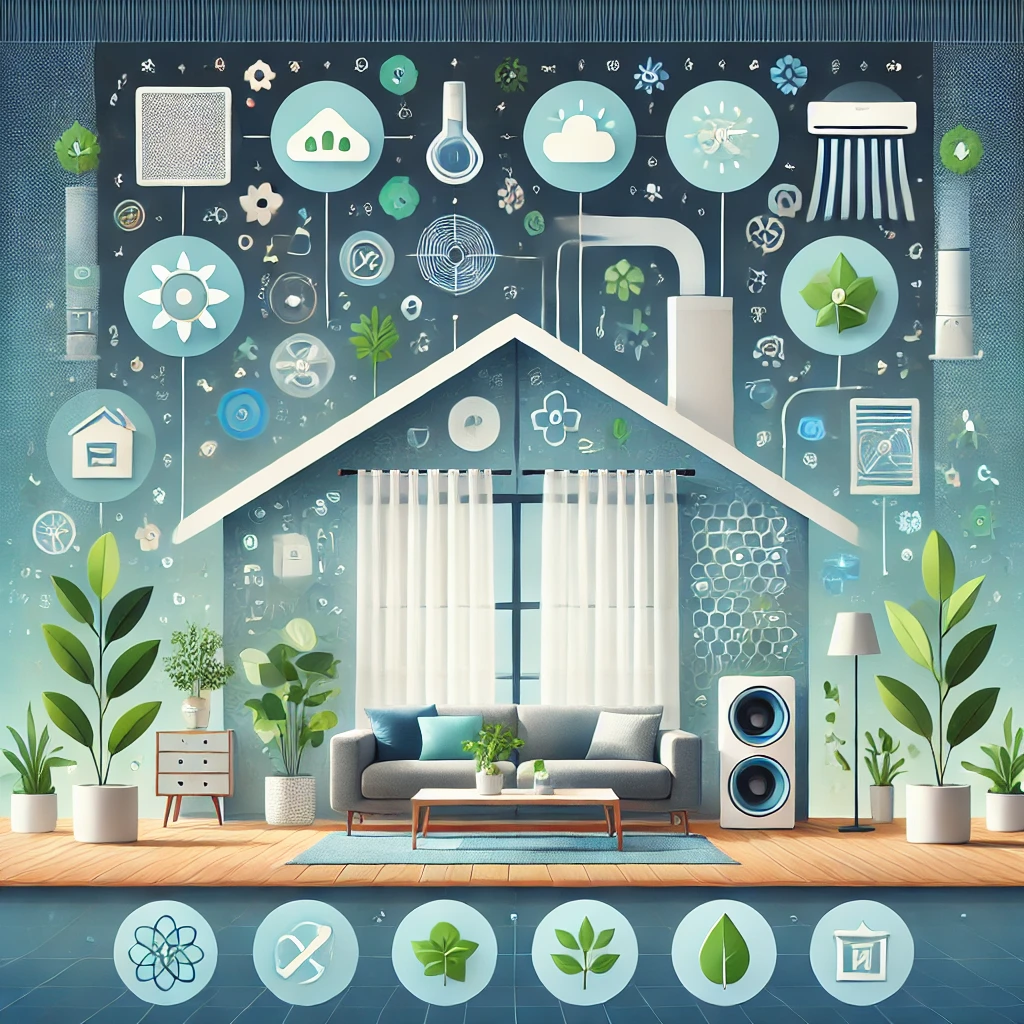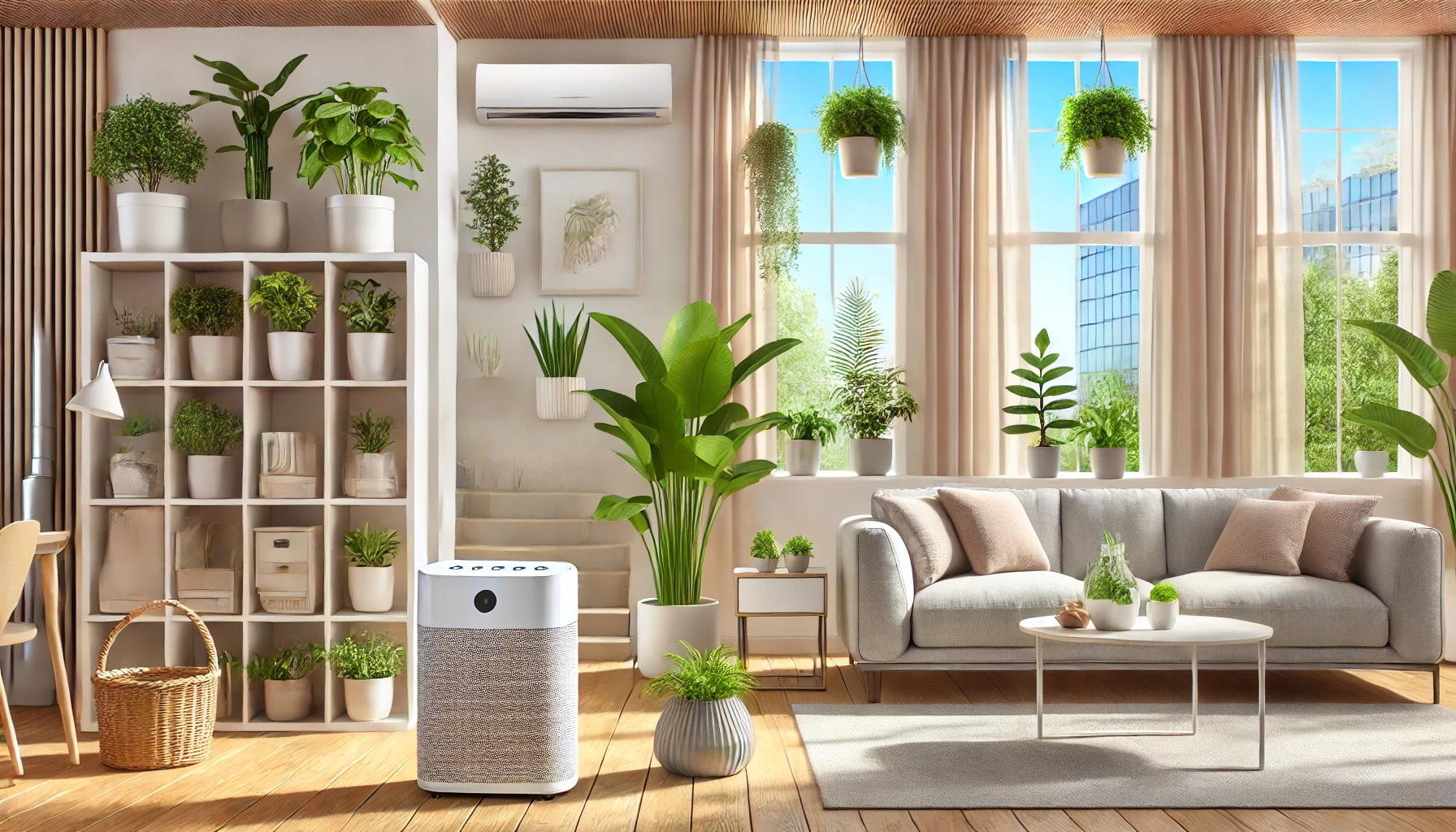Ensuring Good Indoor Air Quality: Tips for Homeowners

Indoor air quality (IAQ) significantly affects your health, comfort, and overall well-being. Poor IAQ can lead to respiratory problems, allergies, and other health issues. Fortunately, there are several steps homeowners can take to improve and maintain good indoor air quality. This blog post provides practical tips to ensure the air in your home is clean and healthy.
Tips for Ensuring Good Indoor Air Quality
1. Regularly Replace Air Filters
Importance
Clean air filters trap dust, allergens, and other pollutants, preventing them from circulating in your home.
Steps
- Check Filters Monthly: Inspect your HVAC filters at least once a month.
- Replace Every 3 Months: Replace filters every three months or more frequently if needed.
2. Use Air Purifiers
Importance
Air purifiers remove contaminants from the air, improving indoor air quality.
Steps
- Choose the Right Purifier: Select an air purifier that fits your room size and specific needs.
- Maintain Regularly: Clean and replace the purifier’s filters according to the manufacturer’s instructions.
3. Control Humidity Levels
Importance
High humidity can lead to mold growth, while low humidity can cause respiratory discomfort.
Steps
- Use Dehumidifiers: Use dehumidifiers in damp areas like basements.
- Use Humidifiers: Use humidifiers in dry areas to maintain optimal humidity levels (30-50%).
4. Ventilate Your Home
Importance
Proper ventilation helps remove indoor pollutants and brings in fresh air.
Steps
- Open Windows: Open windows regularly to allow fresh air to circulate.
- Use Exhaust Fans: Use exhaust fans in kitchens and bathrooms to remove moisture and odors.

5. Avoid Indoor Pollutants
Importance
Reducing the sources of indoor pollutants can significantly improve IAQ.
Steps
- No Smoking Indoors: Avoid smoking inside your home.
- Use Natural Cleaning Products: Choose cleaning products with natural ingredients to reduce chemical exposure.
- Limit Use of Scented Products: Reduce the use of air fresheners, candles, and other scented products.
6. Regular Cleaning
Importance
Regular cleaning reduces dust, pet dander, and other allergens in your home.
Steps
- Vacuum Frequently: Vacuum carpets and rugs at least once a week using a vacuum with a HEPA filter.
- Dust Regularly: Dust surfaces with a damp cloth to trap and remove particles.
7. Test for Radon
Importance
Radon is a colorless, odorless gas that can cause lung cancer.
Steps
- Test Your Home: Use a radon test kit to check radon levels in your home.
- Mitigate if Necessary: If radon levels are high, hire a professional to install a mitigation system.
Conclusion
Maintaining good indoor air quality is essential for a healthy and comfortable home environment. By regularly replacing air filters, using air purifiers, controlling humidity, ventilating your home, avoiding indoor pollutants, cleaning regularly, and testing for radon, you can significantly improve the air quality in your home. Implement these tips to ensure you and your family breathe clean, healthy air.
Category:



